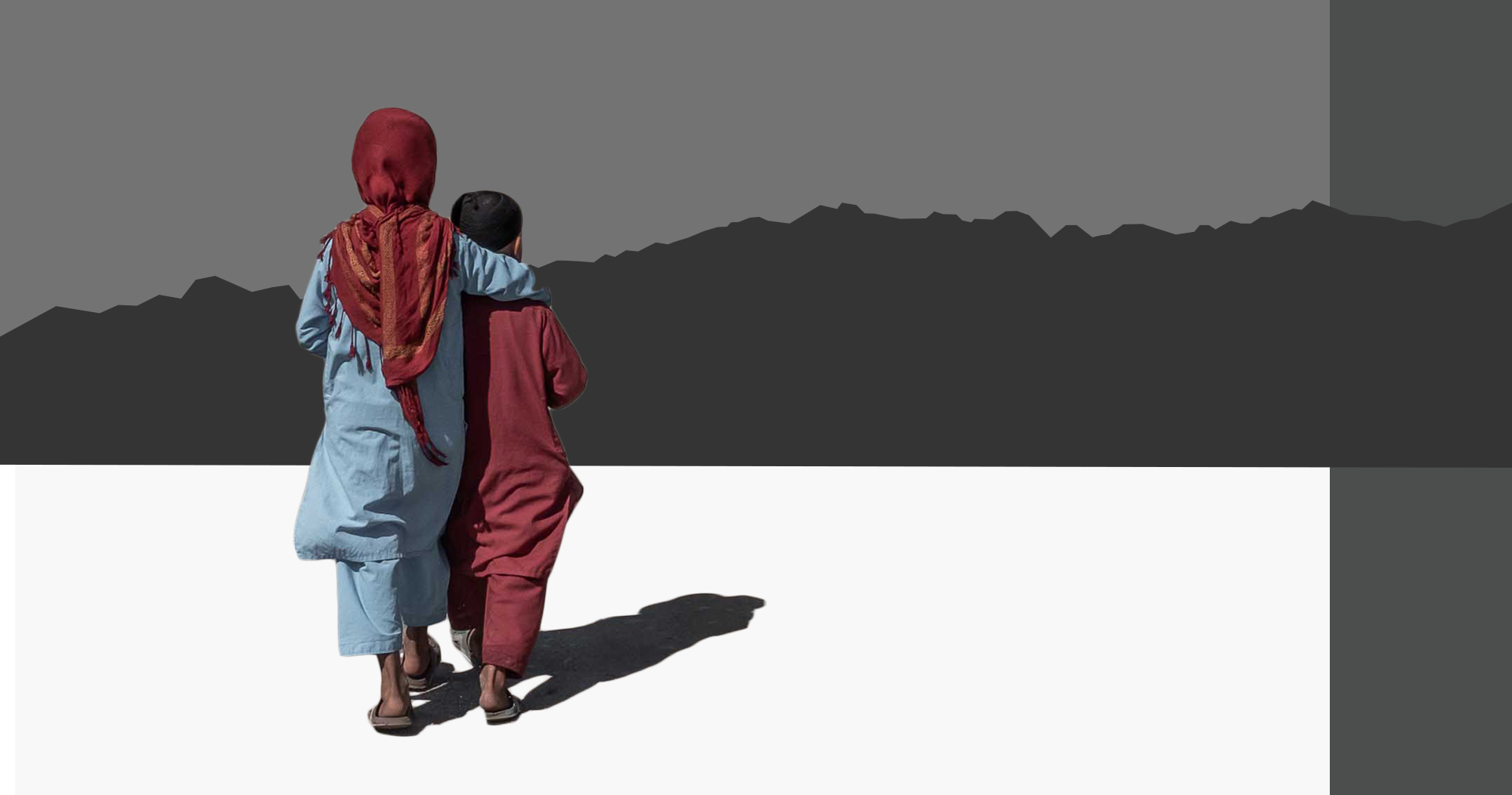Evie Robertson | Twitter
I look across Scotland and I see freedom. Freedom for children, young girls to learn. Freedom for people of all genders, ethnicities, sexual orientation to work, earn a living, socialise. Freedom from persecution. Equal rights. The chance of a future and a say in what that holds.
It is something we all, to an extent, take for granted – whatever your politics. A luxury of birth-place, of living in a liberal society.
The situation in Afghanistan today reveals how truly lucky we are.
As a young woman in the UK, the events of the last week have invoked a personal sense of despair – and anger – for our sisters and brothers in Afghanistan. For a young generation, with hopes, aspirations and a belief in equality much like myself and my friends, whose futures now lie uncertain, facing life under a repressive regime for the first time in their lives. Hard-earned rights their parents’ generation and that before them fought for, lost in a matter of days… to a regime where your gender will determine your ability to be seen, be heard, be educated. A regime with a record of innocent slaughter and ‘scorched earth’ in the name of the caliphate. A regime with a record of implementing a ferocious interpretation of Sharia law.
In the coming days and weeks, the record and legacy of British and American intervention in Afghanistan will be analysed and debated. Many people across Scotland, across the UK, will feel the same sense of helplessness that I feel watching these events unfold. Yet, as the political dissection occurs before us, there are things we can do. Supporting humanitarian relief, children’s and women’s rights charity campaigns for one. But we can go further, calling upon our government to lead by example, and fulfil its moral obligation and stated intention to welcome, support and accept more than 20,000 refugees and asylum seekers from Afghanistan that the UK government has pledged, as well as those from other conflict and crisis torn nations. To support a small but significant proportion of the 82.4 million people worldwide who were forcibly displaced as of the end of 2020, 6 million of these Afghani. And in doing so, provide an offer of a different future for those who have lost – or stand to lose – so much. The usual political rhetoric and hollow promises will not be enough.
The UK’s track record on accepting and welcoming refugees and asylum seekers is far worse than our European neighbours. In 2020, the UK received 36,041 asylum applications, just a quarter of those Germany received, and a third of those of France. Despite being the 2nd richest country in terms of GDP in Europe, we received only the 5th largest number of applications – and only the 17th largest intake when measured on a per capita basis. And whilst British government point to their Syrian Settlement programme, an additional programme outside the usual asylum application route, as an example of British support and a model for Afghan resettlement, the programme has failed to provide the levels of support we have capacity for – just 20,319 refugees since 2015, at a time when Germany has accepted 560,000, Sweden over 100,000. With Afghanistan we must at least meet our fair share – it is our responsibility to do so.
So what is the role that Scotland should play in supporting Afghani refugees?
In the last week we have seen Nicola Sturgeon calling upon the government to urge the Home Secretary to ‘lead by example’ and ‘take a humane and welcoming approach’ to accepting more refugees. Immigration is of course a reserved matter for Westminster – though refugee integration remains devolved. The SNP have cited its record of resettling a fifth of all the resettled Syrians in Scotland by 2019 as an example of their track record – an admirable record one cannot deny.
Yet in the same breath, recent immigration and asylum seeker issues have not been all welcoming and ‘smooth sailing’ across Scotland. Our same leader last year defended Glasgow City Council’s ban on accepting asylum seekers as part of the UK Government’s asylum seekers’ dispersal programme. A ban that could last a further 2 years. A ban that meant Scotland no longer currently partakes in the scheme, given Glasgow was the sole council to offer support. The blame was focused on the inadequate housing outsourced provider Mears put in place, and leveraged towards the Home Office for financing – yet no solution was advocated for by Scottish government. Nicola Sturgeon instead focused on the narrative that we cannot criticise the Council when ‘it’s not a problem of its own making’.
The question here then is not Scottish Government’s willingness to support the refugees, but its capacity to do so, and how the Government intends to step up and support the Councils, who have the responsibility for resettling the refugees. These Councils are struggling to meet the needs of current asylum levels, failing to provide and deliver services – let alone having the capacity to welcome the mass influx of Afghan refugees we must support.
So then how do we ensure we support the Councils? How do we ensure we have the sufficient facilities – from GP surgeries to schools – to meet demand? And how do we encourage not one or two councils, but all across Scotland, to take on refugee families?
Funding inevitably is the first hurdle. Local councils receive funding from central government to take in refugees to cover the costs of accommodation, translation, administration and support. The Syrian model saw councils claiming £8250 per person from the government in the first year, decreasing over time to £1000 by year five. However council leaders estimated at the time that this only covered 70-80% of the cost of housing refugees – a cost that needs to be plugged. Given Scottish Local Authorities receive 85% of their funding from a block grant from Scottish government, it is up to Scottish Government to ensure that any funding shortfalls are provided for and ringfenced, with conditions over acceptance over a minimum number of refugees to receive. Ensuring additional funding to fill this gap is vital given the funding deficits the councils face given the pandemic and Brexit. Every council must stand ready to receive refugees.
Supporting the councils in the adequate provision of services and housing is the next. The Councils, Scottish and the UK Government must work together to ensure that the providers chosen for the contracts are fit to operate, identify and support needs, manage community cohesion and work with Local Authorities for integration in the community. Sufficient monitoring and contingency plans must be put in place to signpost any inadequacies early so the people do not bear the brunt of any issues with contract delivery – the exact opposite of last year’s situation in Glasgow. All parties must accept their role and responsibility in ensuring this monitoring and delivery.
Finally, Scottish Government must continue to support refugee community integration, by increasing funding for integration in proportion to new arrivals, and dealing with issues such as social isolation, media portrayal, multiculturalism, employment, educational attainment, social service uptake and security. The timely, and welcome announcement this week that refugee projects have been awarded £2.8 million by Scottish government – for schemes such as employment and training support, work certification in construction for Arabic speakers, English learning and improve mental health – is a great start, but we must continue to build on such schemes. For instance, we must commit to supporting and providing every new refugee with a job guarantee once their application is accepted, and ensure we overcome employment barriers such as recognition of qualification and skills matching, as well as providing them with access and knowledge of health and education services available to support them.
Inevitably, Scottish and UK government cannot act in silo here. To fulfil its moral duty to support the most in need Afghan citizens we need collaboration. Collaboration over funding, collaboration over support offered to both refugees themselves and to the councils and providers, and an aligned strategy for integration. We need both governments to work in tandem to ensure that we not just deliver, but over-deliver in our capacity to open our arms and hearts to the refugees. Never has such cooperation been more critical.
Scotland and the UK do not have to let the legacy of the last 20 years go up in smoke with the gunfire across Afghanistan. There is still time to recover and work together to help those most in need. But this can only be achieved with willingness, open-hearts and cooperation for delivery. The people of Afghanistan need to be at the heart of what comes next.





